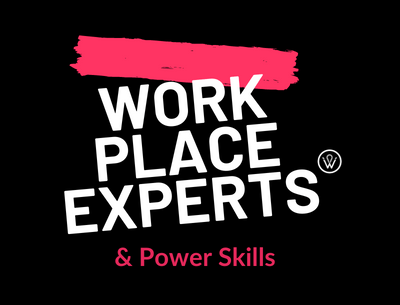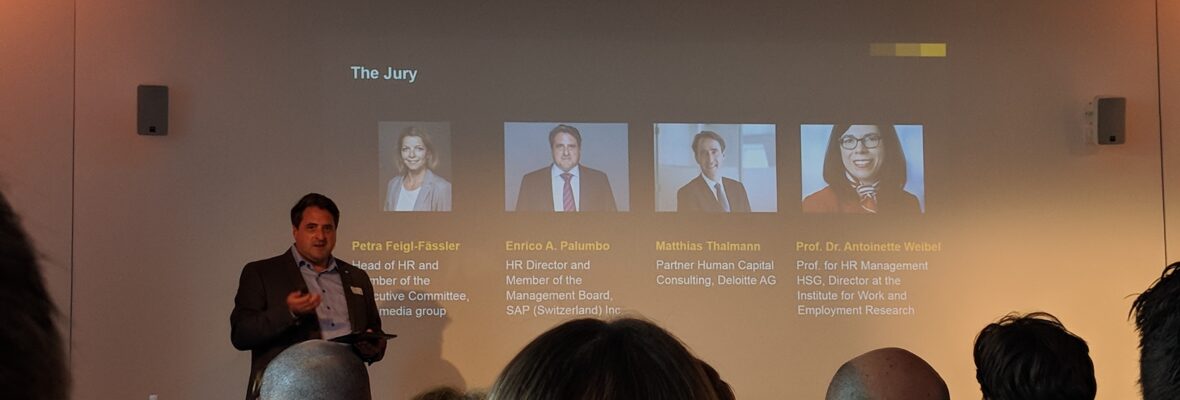
What is employee experience?
It’s been more than a decade that we talk about the customer experience and it was high time to adapt that same thinking and internalize it… What I mean here, is to consider employees as internal customers…
And how it all started? Definitely, employee experience was inspired by the way marketing and product management cared about the customer journey.
But what is employee experience? Let’s just pause for a moment and reflect… to you as an employee – what is your employee experience, what shapes it?
You will quickly understand that worker’s experience is the collection of all interactions with your employer. Including the big events like recruitment, onboarding, becoming a manager to eventually also exiting, and being terminated. It’s also the everyday interactions, tasks.
But what do the experts have to say about it?
Tracy Maylett and Matthew Wrid say:
“Employee Experience is the sum of the various perceptions employees have about their interactions with the organisation in which they work.”
And these moments matter. They make you think and feel. It’s what you observe, learn, encounter.
“We define EX as companies and their people working together to create personalized, authentic experiences that ignite passion and tap into the purpose to strengthen individual, team, and company performance.”
And it’s beyond employee engagement or satisfaction. It’s larger than that. To the extent that Josh Bersin puts as potentially even a mindset.
“…the phrase Employee Experience has become a giant vortex for everything in HR. All the programs we’ve invested in over the years (employee engagement, diversity and inclusion, leadership development, performance management) are all part of the employee experience. So in a sense Employee Experience is not a program, it’s a topic. (Or maybe a mindset.)”
Why is everybody talking about it?
We now live in an era where lots of information is public and sharable in seconds. And companies can no longer control what stays in and what gets out.
There is also a way to measure not only performance but also satisfaction, engagement, even happiness. Customer experience, employee experience too can be measured.
So why is employee experience on everyone’s radar?
The boom of Employee Review Platforms
Firstly, it’s down to the culture we live in. Transparency is key. Nowadays employees have loads of possibilities to vent, share, celebrate, recommend things publically. We have learnt it through the experience of being a customer and using social platforms and other online media to openly complain, react and thank.
And the formation of platforms such as Knunu, Indeed, Glassdoor have helped us all to share with convenience our experiences, leave reviews, opinions. From talking about the recruitment process, how the interview went, to rating and describing our own employee experiences.
UX, CX, and human-centred ways
Secondly, with the UX, CX – human-centred approaches started to be key. Fascinating, that human centricity was not necessarily always part of how we looked at human resources.
Thank goodness those times are over…
And to be human-centric means being able to empathize with your target “user” – in this case, employee. Being able to understand human behaviour, trying to understand motivations. Placing your “user” at the centre, which actually is the key principle of design thinking.
The EX user – employee, his interactions and experiences in that way matter and hence we started talking about the employee experience.
The new generations in the workplace
In addition, diverse workforce demands more focus on employee experience.
As a millennial, I am happy to speak for myself, … for me, my experience will always be more important than my pay or the name of the company I work for.
And data supports it too. By 2025 the millennials will form 75% of the workforce. And the generation that follows, the Gen Z, are no different to us and are also seeking a great employee experience. We search for meaning, we want to learn, challenge and be challenged. We also want flexibility, and we are so used to a great customer service, we take it for granted and expect the same from our own employee experience.
For the new generations, positive employee experience is a must, not a nice to have.
EX impacts CX
Lastly, and really it’s a no-brainer, their experience has a direct impact on customer experience. When the employee experience is positive, employees are engaged and productive. And they actually do care about what and how they do it.
They want to do a great job for the customer. They can empathize with the customer, tune into the needs of the customer.
Employees that enjoy their working environment, feel they are trusted and appreciated will go the extra mile, radiate positivity and care.
And behind both great EX and CX stand greater business performance and results. Full stop. Below some powerful stats on that.

So coming back to what Josh Bersin said, employee experience can be and should be a mindset. It should be the way we think and operate, to put an employee at the heart.
It’s great that everyone talks about employee experience. Now it’s time to act and do employee experience. Listen to your employee, understand them and design solutions that work well for them.
Positive employee experience is an investment you make, an investment in both customer satisfaction and better business performance.





